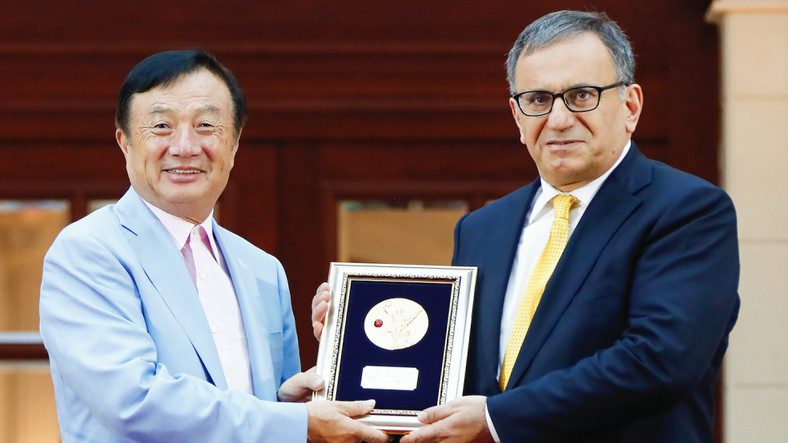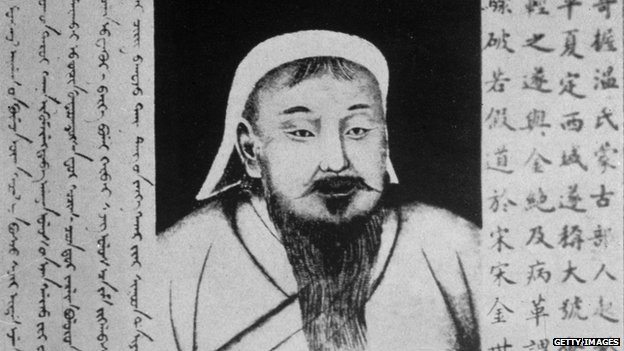(May 28, 2005)
The Nazis’ Gifts to Turkish Higher Education and Inadvertently to Us All: Modernization of Turkish universities (1933-1945) and its impact on present science and culture.
Arnold Reisman
<[email protected]>
In 1933

Reichstag burning!

In 1933
Gates to Istanbul University

Some 15 years later
This is a tale of individuals caught at the crossroads and in the cross-fires of history. Their native lands were in the throes of discarding them. Their lives were saved because an alien country was discarding a societal culture inherited from the Ottomans. Turkey recognized the need to modernize its society while Germany and Austria were literally throwing babies and much more, out with the bath water. The Nazis came to power. Many of these intellectuals were Jewish.
The book documents a bit of history that is dimly lit and largely unknown. In the 1930s the new republic of Turkey badly needed western intellectual know-how to create a modern system of higher education and to modernize practice in various professions. In the west Fascism was rising. Much of the intellectual capital in German speaking countries involved individuals unacceptable to the new ideology and those for whom the ideology was unacceptable. Most had no other emigration options. For those who did, professional employment was not guaranteed. Turkey extended invitations to these desperate souls. For certain chits, the German Reich allowed the emigrations to take place. Germany needed Turkey’s neutrality to keep the Bosporus and Dardanelles open to its navy and shipping at all times – including war times. Throughout WWII the pressure was high to have these expatriates returned to the Reich along with all Turkish Jews. Turkey never caved in.
The system of higher education inherited by the Republic of Turkey in 1923, consisted of a few hundred Ottoman vintage (Islamic) madrasas, a fledgling university called the Dar-ül Fünun, and three military academies, one of which was expanded into a civil engineering school around 1909. With secularization enshrined in its constitution, the new government recognized a need for modernization/westernization throughout Turkish society and established a number of policies to bring this about. Indigenous personnel to do this were not to be had. Starting in 1933 and running through WWII, Turkey provided safe-haven for many intellectuals and professionals for whom the Nazis had other plans.
This book discusses the impact of these émigré professors, on Turkey’s higher education in the sciences, professions, and humanities, and also on its public health, library, legal, engineering, and administrative practices. The multi-faceted legacy of this impact on present Turkish society with all its richness is documented if but in part. Some of the socio-economic reasons for Turkey’s not taking full advantage of the second and third generation progenies of its modern higher educational system, and the ensuing “brain drain,” are analyzed. Lastly, the book briefly addresses the impact on American science and higher education of the Turkish-saved professors, many of whom subsequently re-emigrated to the US.
Acknowledgments: The author is grateful to an old and dear friend Aysu Oral, for her knowledge of Turkish history, language, and culture, which greatly contributed to finding, abstracting, and translating much text from Turkish language documents; to graduate students, Ismail Capar and Emel Aktas who provided some of the Turkish material; the troika of Eugen Merzbacher, distinguished physics Professor Emeritus, University of North Carolina, Matthias Neumark of Charlottesville, VA, and Andrew Schwartz of Acton Mass., both retired businessmen who provided many insights because they were there at the time, were not too young to understand events nor too old to recall and retell their stories; to Rita and Marek Glaser of Tel Aviv, Israel, also old and dear friends, for searching archival information and contacting Holocaust survivors for personal experiences that are relevant. Clearly, a number of scholars, archivists, and institutions have provided much of the information contained herein. Among these are Anthony Tedeschi and Becky Cape, Head of Reference and Public Services, The Lilly Library, Indiana University; Samira Teuteberg, AHRB Resource Officer, Centre for German-Jewish Studies; University of Sussex; Dr Norman H. Reid, Head of Special Collections, University of St Andrews Library, Scotland and to J. J. O’Connor and E. F. Robertson , Department of Mathematics and Statistics of the same university; Andrea B. Goldstein, Reference Archivist, Harvard; Viola Voss, Archivist, Leo Baeck Institute, New York; Ralph Jaeckel and staff of the von Grunebaum Center for Near East Studies, UCLA; Chris Petersen, the Ava Helen and Linus Pauling Papers, Valley Library, Oregon State University; Stephen Feinstein, University of Minnesota; Rainer Marutzky, Braunschweig Institute for Wood Research; Dr. Klaus Kallmann, New York Natural History Museum (Ret); Prof. Dr. Johannes Horst Schröder, Institut fur Biologie, Munich (Ret); Meg Rich, Archivist and Daniel J. Linke, University Archivist and Curator of Public Policy Papers, Seeley G. Mudd, Manuscript Library, Princeton University; Marcia Tucker, Historical Studies-Social Science Library, Institute for Advanced Study, Princeton; Ken Rose, Assistant Director, Rockefeller Archive Center; Paul G. Anderson, Archivist, Becker Medical Library, Washington University in St. Louis; Julia Gardner, Reference/Instruction Librarian, Special Collections Research Center, University of Chicago Library; Virginia G. Saha, Director, Cleveland Health Sciences Library; Nejat Akar MD, Professor of Pediatric Molecular Genetics, Ankara University, Faculty of Medicine; Professor Arin Namal, University Istanbul Medical Faculty Department of Medical Ethics and Medical History; Kyna Hamill, Tisch Library Archives, and Amy E. Lavertu, Information Services Librarian, Hirsh Health Sciences Library at Tufts University; Historian Tuvia Friling of Ben Gurion University, Beer Sheva, Israel, an expert on Jewish issues in the Balkans and Turkey during the relevant period; Daniel Rooney, Archivist, National [US] Archives and Records Administration; and especially to Ron Coleman, Reference Librarian, United States Holocaust Memorial Museum, who went beyond the call of duty in providing references and did so in a most timely fashion.
Key words: Turkey; History; History of science and technology; Development; Technology Transfer; Educational Policy; Government Policy; Higher education; Nazi persecution; Nazism; Holocaust; Shoah; Migration; Diaspora; Exile.
ABOUT THE AUTHOR
Arnold Reisman received his BS, MS, and Ph.D. degrees in engineering from UCLA. He is a registered Professional Engineer in California, Wisconsin, and Ohio and has published over 200 refereed papers and 14 books. After 27 years as Professor of Operations Research at Case Western Reserve University, he chose early retirement in 1994. During 1999-2003 he was Visiting Scholar in Turkey at both Sabanci University, and the Istanbul Technical University. His current research interests are; technology transfer; epistemology of knowledge generation; meta research; and most recently, the history of German speaking exiled professors starting 1933 and their impact on science in general and Turkish universities in particular. He is also actively pursuing his life long interest in sculpting. He is listed in Who’s Who in America, Who’s Who in the World, American Men and Women of Science, and Two Thousand Notable Americans and is a Fellow of the American Association for Advancement of Science.
Book Length
Text length and number of visuals are negotiable. Manuscript delivered in nine (9) months or less of contract signing.
TABLE OF CONTENTS (TENTATIVE)
- Introduction
- The Builders
Architecture and City Planning
- The Preservators
Archeology
Library Science and librarianship
Orientology
Botany and zoology
- The Creators
Performing arts
Visual arts
- The Social Reformers
Law
Economics
- The Healers
Medicine
Dentistry
- The Scientists
Astronomy
Biology, Chemistry, and Biochemistry
Mathematics and Engineering Science
Philosophy and Science
Physiology
Ankara University
Istanbul Technical University
Istanbul University
-
Problems the emigres encountered
-
Correspondence and memoirs
- Legacy left behind
Selected biographies of first-generation Turkish elite educated by the émigré professors.
Selected biographies of second-generation Turkish elite educated by the émigré professors.
Oral histories
First generation: Turkish elite educated by the émigré professors.
Surviving spouses
- Turkey’s post-war policies and practices: Effects limiting the legacy’s
impact potential.
- After their re-emigration, Turkey-saved professors’ impact on:
American science and higher education
German science and higher education
Index
References
Appendix
Sample chapters available on request.









